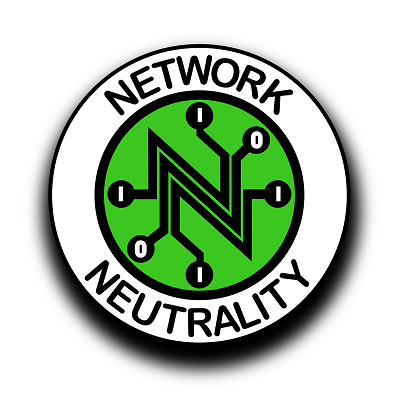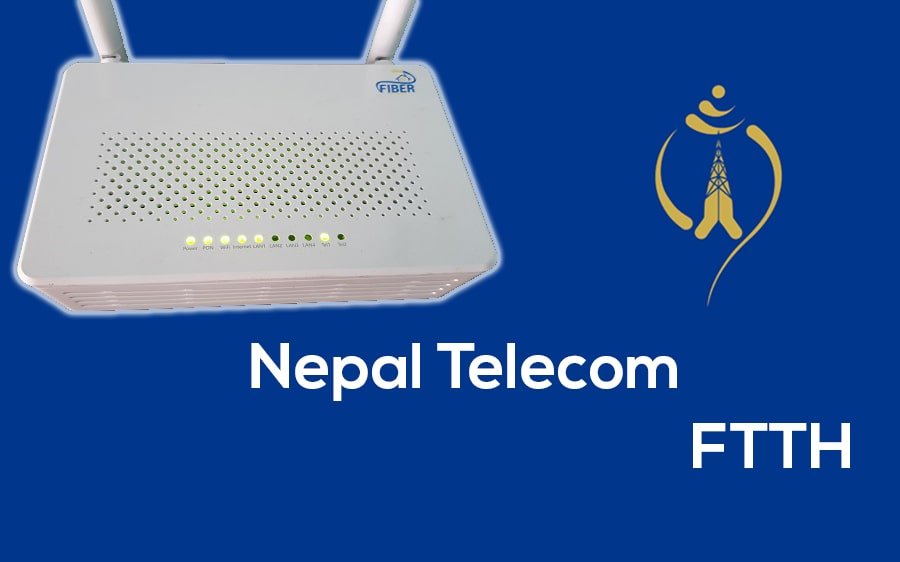Net Neutrality is the most important principle which affects all internet users. So Nepal Telecommunication Authority is working to bring Net Neutrality regulation and policies. Net neutrality simply states that all Internet Service Providers (ISPs) should treat all types of data equally and charge without discrimination. It means they should not treat any type of website, data, or app differently. It is very important to maintain the beautiful internet we currently use. Nepal Telecommunication Authority (NTA) is now making frameworks and policies to enforce net neutrality in Nepal.
NTA is working with experts, consultants, and TRAI of India to make this happen. They are planning to enforce the policy with ISP licenses. This means Nepalese ISPs who get a license from NTA have to obey the rules. After implying this, Nepali Internet service providers won’t be able to go against the principle of net neutrality. TRAI recently had an experience of banning ‘Free Basics’ and discriminatory pricing in India.
Net neutrality has been a very hot issue in the USA as well. On June 11 of 2018, the FCC repealed the net neutrality rules in the USA. Some US states have actually made state-level laws or net neutrality regulations to fight against it. The states with such laws require telecom companies in their areas to follow the net neutrality rules. Many states are following the same. It is very important to understand why these rules are absolutely necessary for Nepal as well. As most internet companies are American, the rules of the USA can affect global users.
What is Net Neutrality?
The principle of net neutrality states that ISPs must treat all types of data and Internet communications equally. The ISPs also should not discriminate and charge differently. This means service providers can’t prioritize any website, app, platform, equipment, address, method of communication, or other companies. They have to give equal bandwidth to all the sites and requests made by users.
Also Read: Top ISP in Nepal
This also means Internet service providers can’t support Zero-rating or differential rating. For example, we can open any website we want from our browser and they get the full speed that our internet service contract states. If we have paid for 100 Mbps we should get that in all websites until and unless the server of the website or network is problematic. ISP can’t throttle speed, content, and access to any site. If there is no net neutrality policy then service providers can throttle the speed of some websites and charge us more.
Currently, we all pay a certain amount of money to use the internet and surf any website we want. For example, I pay Rs 700/month for NTC ADSL and surf any website or download anything legally I want. But if there is no net neutrality, ISP can charge an additional amount on top by making special packages. For example, they could make Social media package and ask for additional money for selected sites. They could ask us for additional money just for Viber and Whatsapp. This has actually been seen in some countries.
Also Read: Online IMEI / MDMS Registration in Nepal
Net Neutrality Regulation in Nepal and Outside
Internet companies are now massive and they have a lot of money. In such cases, companies like Facebook, and Twitter can pay ISP to make contracts to let users surf their sites for free. With such a thing in place, people will only surf their sites and use their products because it is free. Also as ISP could charge additional for surfing other sites people won’t go to those platforms or sites. This means the end of open and free internet. Actually, this has already happened in Nepal, India, and many other countries.
Ncell was providing free Twitter and Facebook to Nepali users. This practice is called Zero Rating. Ncell charged no money for those Wikipedia, Twitter, and Facebook but charged for others. This caused users to stay on these websites and not use others. Similarly, in the case of India, Facebook’s “Free Basics” has been another attempt to provide its services to developing markets. The government of India rejected the service and favored open internet which can be taken as a win for Indian netizens. Similarly NTA also turned down free programs of Ncell.
Zero rating is a very big illusion of free internet to people. In order to empower everyone, we actually need full free internet where users can surf the whole worldwide web and browse any site without restrictions. Such schemes like zero rating just create a walled garden where only colluding sites benefit and the rest of the world is cut off.
With the case of the USA, India, and Ncell we can understand that our internet is sensitive. So we need to protect it and have net neutrality. Therefore net neutrality regulations, policies, laws, and frameworks are very important in Nepal. Multiple sources are stating that NTA is consulting with various experts in this field to make the legal framework. Netizens of Nepal only wish to see such policies implemented soon.
Making Nepali ISPs Play Fair
In the past, there have been cases of zero-rating by Nepali telecom companies. Therefore it is very important to make sure that all Nepali ISPs follow the rules of net neutrality and play fair. It is because money and deals from big foreign internet-based companies can influence ISP to bring differential ratings. This can cause many serious problems and most of all we could lose our beloved free internet. Therefore policies, laws, and net neutrality regulations are important to legally enforce neutrality on ISP.
It is to be noted that data packs are not a violation of net neutrality principles. They are just internet service schemes. Data packs don’t differentiate or make something free. Mobile data packs special for social media are different because that is not an additional charge over your regular or monthly bill.
Nepal Telecommunication Authority is doing a very good job by bringing new policies for licenses and they must ensure that there is no loophole in policies. All Nepali ISPs should also adhere to the net neutrality principles and serve Nepali citizens with full honesty.









